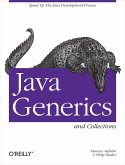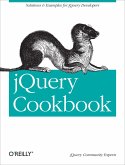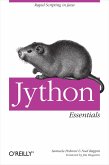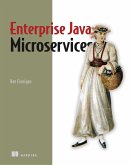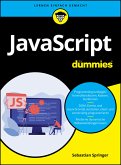This practical guide shows you how to make your Java web applications more responsive and dynamic by incorporating new Ajaxian features, including suggestion lists, drag-and-drop, and more. Java developers can choose between many different ways of incorporating Ajax, from building JavaScript into your applications "e;by hand"e; to using the new Google Web Toolkit (GWT).Ajax on Java starts with an introduction to Ajax, showing you how to write some basic applications that use client-side JavaScript to request information from a Java servlet and display it without doing a full page reload. It also presents several strategies for communicating between the client and the server, including sending raw data, and using XML or JSON (JavaScript Object Notation) for sending more complex collections of data.The book then branches out into different approaches for incorporating Ajax, which include:The Prototype and script.aculo.us Javascript libraries, the Dojo and Rico libraries, and DWRIntegrating Ajax into Java ServerPages (JSP) applicationsUsing Ajax with StrutsIntegrating Ajax into Java ServerFaces (JSF) applicationsUsing Google's GWT, which offers a pure Java approach to developing web applications: your client-side components are written in Java, and compiled into HTML and JavaScriptAjax gives web developers the ability to build applications that are more interactive, more dynamic, more exciting and enjoyable for your users. If you're a Java developer and haven't tried Ajax, but would like to get started, this book is essential. Your users will be grateful.
Dieser Download kann aus rechtlichen Gründen nur mit Rechnungsadresse in A, B, BG, CY, CZ, D, DK, EW, E, FIN, F, GR, HR, H, IRL, I, LT, L, LR, M, NL, PL, P, R, S, SLO, SK ausgeliefert werden.



